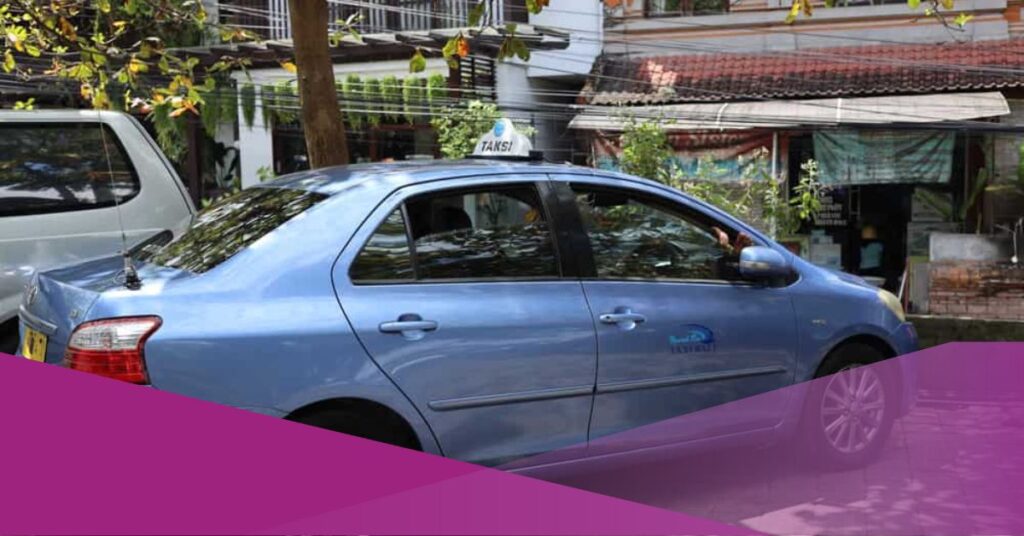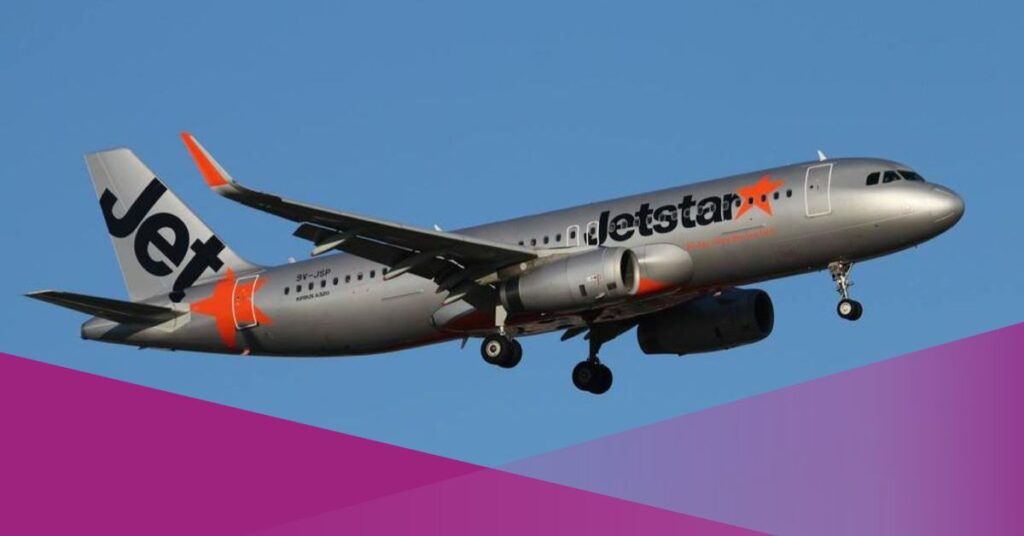Just two weeks ago, Bali celebrated the launch of a groundbreaking shuttle service for tourists in the picturesque town of Ubud. In a six-month trial partnership between the Provincial Government of Bali and the Toyota Mobility Fund, a new daily ride shuttle service was introduced to provide convenience and alleviate transportation issues in the heart of the island’s arts and cultural capital.
The initiative, named SMART @Ubud, has been warmly received by many as a much-needed step forward in addressing Bali’s long standing transportation challenges. However, just over a week into the program, some local taxi drivers are expressing discontentedness, claiming that the free shuttle bus service negatively impacts their businesses.
The Toyota Mobility Fund, which has invested over USD 1.7 million into this project, is responsible for its implementation. Currently, five environmentally friendly eEV electric shuttle services and five hybrid vehicles are in operation, offering tourists and locals an efficient mode of transportation.

One of the critical points of contention arises from the fact that the project is funded by the Toyota Mobility Fund, not the provincial government. This has left some local drivers feeling that their government must adequately safeguard their livelihoods in this new partnership. A group of local taxi drivers has lodged formal complaints with the Gianyar Transportation Agency, prompting the agency to issue a public statement in response.
Head of the Gianyar Transportation Service, I Made Arianta, spoke to reporters to clarify the situation. He explained, “This is Toyota’s CSR given to the Bali Provincial Government. So it is not a program funded by the APBD, the Bali Provincial Government’s APBD, or the Gianyar Regency Government’s APBD.” Arianta went on to say, “It only lasts for six months. Later, it can be carried out by stakeholders working in the transportation sector, hoping to reduce traffic jams in Ubud.”
Arianta emphasized that the introduction of SMART @Ubud is an attempt to address the severe traffic congestion that has plagued Ubud for years. He stated, “Because traffic jams in Ubud are caused by vehicle capacity greater than road capacity. [The service] can be used by workers, residents, and tourists.”
Though the SMART @Ubud shuttle service has primarily been marketed toward tourists since its launch, it is seen as a step towards a more sustainable and efficient transportation system for all residents and visitors of Ubud.
As this controversy continues to unfold, it remains clear whether the free shuttle service in Ubud will prove to be a successful model for addressing Bali’s transportation issues or if further adjustments and discussions will be necessary to accommodate the concerns of local taxi drivers.
Interested in this topic? Check out our other articles from Social Expat:
































